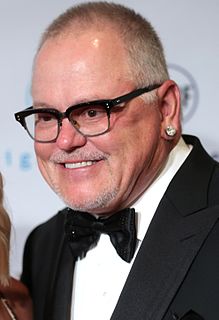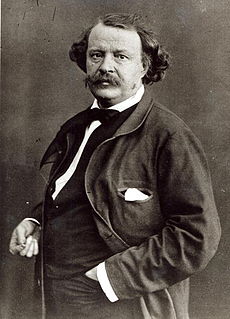A Quote by Willi Munzenberg
Photography works upon the human eye: what is seen is reflected in the brain without the need for complicated thought. In this way the bourgeoisie takes advantage of the mental indolence of the masses and does good business as well.
Related Quotes
To know whether photography is or is not an art matters little. What is important is to distinguish between good and bad photography. By good is meant that photography which accepts all the limitations inherent in photographic technique and takes advantage of the possibilities and characteristics the medium offers. By bad photography is mean that which is done, one may say, with a kind of inferiority complex, with no appreciation of what photography itself offers: but on the contrary, recurring to all sorts of imitations.
Whether you believe in God or not does not matter so much, whether you believe in Buddha or not does not matter so much; as a Buddhist, whether you believe in reincarnation or not does not matter so much. You must lead a good life. And a good life does not mean just good food, good clothes, good shelter. These are not sufficient. A good motivation is what is needed: compassion, without dogmatism, without complicated philosophy; just understanding that others are human brothers and sisters and respecting their rights and human dignity.
The brain is the most complicated organ in the universe. We have learned a lot about other human organs. We know how the heart pumps and how the kidney does what it does. To a certain degree, we have read the letters of the human genome. But the brain has 100 billion neurons. Each one of those has about 10,000 connections.
It is indolence... Indolence and love of ease; a want of all laudable ambition, of taste for good company, or of inclination to take the trouble of being agreeable, which make men clergymen. A clergyman has nothing to do but be slovenly and selfish; read the newspaper, watch the weather, and quarrel with his wife. His curate does all the work and the business of his own life is to dine.
I realized that the way I approached architecture was with a somewhat fashion brain. That didn't get me very good marks in school, because everyone thought fashion was lightweight. In architecture they say, "Well, why is the door pink? Where does it go? What does the pink mean? What does it symbolize? All the other doors are beige, why is that one pink?" I was like, "Well, it's pink because it's pretty."
In the traditionally taught view of perception, data from the sensorium pours into the brain, works its way up the sensory hierarchy, and makes itself seen, heard, smelled, tasted, felt - "perceived." But a closer examination of the data suggests this is incorrect. The brain is properly thought of as a mostly closed system that runs on its own internally generated activity.
The world that seemed so various and new, well, it does contract. One's burning desire to investigate human behavior, and to make, or imply, statements about it, does fall off. And so one does find that early works are full of energy and also full of vulgarity, crudity, and incompetence, and later works are more carefully finished, and in that sense better literary products. But . . . there's often a freshness that is missing in later works--for every gain there's a loss. I think it evens out in that way.
The question is not whether a picture is good, in some formal, technical sense, but, does it mean what I need it to mean? Writers can edit sentences that may be well-crafted but that don't express an intended thought. But in photography, there are no revisions: A photograph is in or it's out, and the photographer must live with the consequences of his or her choices.




































